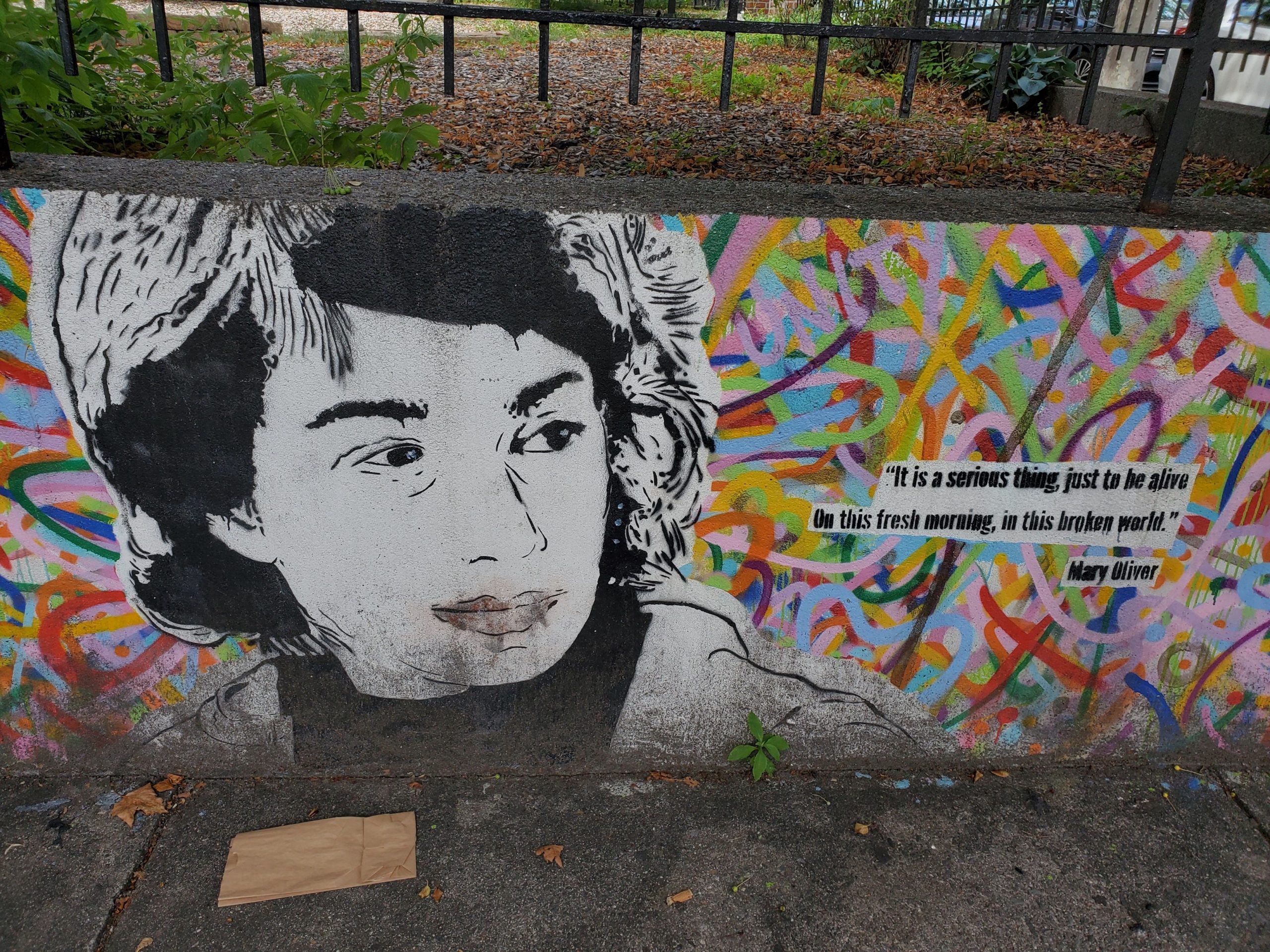The past few weeks felt hard, and easy, and nothing—altogether.
I’ve been consumed with a myriad of emotions—the kind that were never familiar to my emotional radar.
Ever since I could remember, I’ve had this longing to understand deep human suffering, experiences, and emotions, including the most complex of the complicated ones, which many of us tend to avoid in an attempt to prevent the “suffering” that they may arouse within our own psyche.
After all, we are social creatures, who are born with the innate ability to mirror each other’s emotions—joy, happiness, sadness, grief, ecstasy, euphoria, depression, anxiety, anger, rage, longing, loneliness, and indifference are simply among a few.
But what many psychologists and experts in understanding the human psyche are suggesting is this: amongst the emotions that we’re familiar with, there exists a wider spectrum of minute, unknown, and yet to-be-discovered emotions that we never knew existed.
Granted, many of the ways in which we express emotions are influenced by years of culture, heritage, and language, and, as a consequence, many of us who grew up in an Anglo-influenced culture are lacking in our ability to grasp these wider seas of emotional expressions, simply by the nature of how new English is relative to other languages.
I grew up in the Middle East, with Arabic as my native language. But I later came to appreciate the beauty of English, among other languages, and its ability to express complicated concepts using simple, non-jargon, and easy-to-understand terms.
It felt like taking in a cool, gentle breeze after running a marathon (which is how trying to dissect Arabic poetry has always felt to me). This isn’t to suggest that either language is better than the other, but simply that they vastly differ in their ability to deliver and to express meaning.
One such emotion that I came to grasp from English (and my late state of mind), is nihilism: the idea that, according to concept founder and German Philosopher, Friedrich Nietzsche, values are baseless, nothing makes sense, and nothing can be ever known, discovered, or communicated.
It is also accompanied by extreme feelings of pessimism and radical skepticism about everything which surrounds us. In other words, that life renders meaningless.
To be clear, I am not a nihilist, nor have I ever embraced Nietzsche’s philosophy (which I think is rather depressing) toward understanding life and its meaning—or lack thereof.
What I am saying is sometimes we are consumed by the overpowering and lurking shadows of meaninglessness, powerlessness, pessimism, and nothingness—which can be healthy.
According to the Chinese Daoist philosophy (sometimes referred to as Taoist, literally “way” or “road”), and a recent book I have read titled The Tao of Fully Feeling: Harvesting Forgiveness out of Blame by psychotherapist Peter Walker, life beautifully exists, connects, and ebbs and flows, in relational and interdependent opposites, known as the Yin and Yang.
By this definition, everything around us, including life in its bigger spectrum, our emotions, our physical sensations, and our state of mind exist as two halves that together create wholeness.
In other words, nothing in life can ever exist without its extreme opposite, which is what Western psychologists who are embracing mindfulness, meditation, and Eastern philosophies, are also starting to prove and to apply in their work with their clients.
Reflecting on our everyday life, we can see evidence of many polar opposites all around us—in day and night, in the sun and the moon, in men and women, in happiness and sadness, in joy and depression, in health and sickness, in youth and old age, and in life and death.
So if we believe that life, essentially, carries meaning, wouldn’t that also suggest, according to Daoism, that its opposite would be meaningless?
That nihilism is a normal human emotion and a process that comes and visits us every now and then—in the same way as sadness, grief, joy, love, heartbreak, and anger do?
As someone who spent her entire life trying to deliver meaning into things—to use intellectual thinking to make sense out of her extreme emotions, including apathy, emptiness, and yes, sometimes, nihilism, it felt hard for me to simply accept that my life doesn’t make sense at the moment.
That even though I might not entirely embrace nihilism as a concept of viewing life, lingering in that space of nothingness, emptiness, and meaninglessness might be healthy, nurturing, and liberating, with the potential of teaching me how to embrace new dimensions of understanding reality, albeit an unusual and undesired heavy guest.
Ever since I moved to Canada last September to become fully independent, life has been challenging, shattering, exciting, and scary—all at once.
To say it has felt like an emotional rollercoaster is an understatement.
I continue to be doused by the rawness of emotions and the depth of philosophical revelations, which I never knew existed, or by those that I said I would never embrace or come to realize in my lifetime.
How wrong I was about many of my personal convictions. I lived my whole life trying to escape the imprisonment of my deep emotions, and to avoid fully feeling the pain and the suffering that I see within myself and in the world around me.
But as soon as apathy and nihilism came knocking at my door, I wished I could go back to feeling “a something,” “an anything”—for even an unpleasant emotion is still be better than feeling nothing.
This time, I didn’t run away from nothingness; I surrendered fully, allowing it to swallow me into its hollow abyss, while I sunk deeper and deeper into its embrace.
Perhaps, the meaning of life lies in its beautiful contradiction; in the constant push and pull of fully feeling and feeling nothing, and of abundant meaning and nihilism.
Perhaps, we come to appreciate the gift of being alive by accepting that life will always be an ebb and flow of wavering emotions, and that our role is to simply be present with it all.
It is, as Mary Oliver once beautifully put it in her poem, Invitation:
“It is a serious thing
just to be alive
on this fresh morning
in this broken world.”
~







Read 15 comments and reply